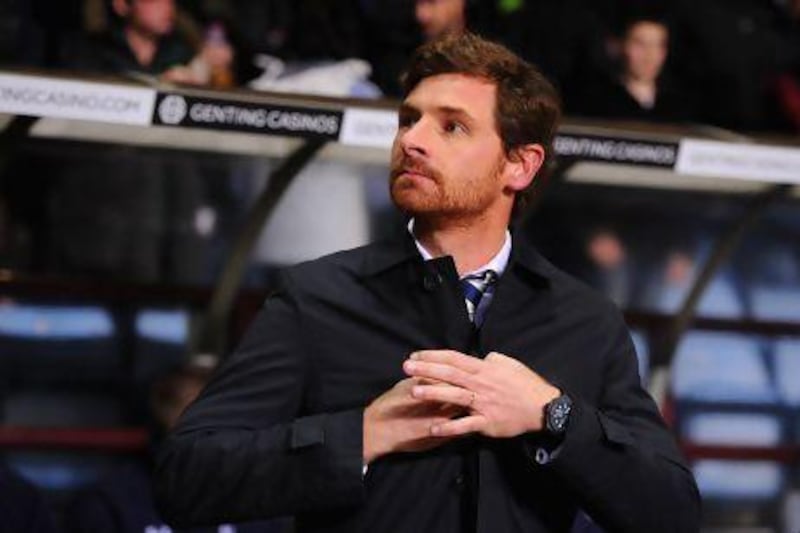The problem with Andre Villas-Boas is that with him the story is always Andre Villas-Boas. That is not necessarily his fault – and there have certainly been managers who have inserted themselves more forcefully at the centre of the narrative – but he does have an odd ability to draw the attention.
When his Porto were cutting a swathe through Portugal and winning the Europa League, there was less focus on an exceptional team that featured Radamel Falcao and Hulk than on their manager and where he might end up the following season. When he became manager of Chelsea, reinforcing the link many had already made between him and Jose Mourinho, for whom he had worked at Chelsea, there was less discussion of the difficulty of overhauling an ageing squad and more about the new man with the sophisticated diagrams.
When his programme of reform was resisted and fell into disarray, the commonly held view was that it was an issue of his personality, that he had failed adequately to communicate with his players.
The very attribute that had seemed such a strength as he gave a series of lengthy news conferences in Dublin around the Europa League final was turned against him. He suddenly became too wordy, his dossiers a distraction – something that played into the deep-rooted strand of Luddism that still runs through English football, that disdains tactics and believes managers should be wisecracking, sergeant-major figures skilled primarily in shouting and motivation.
And of course, it was one of the most old-school of managers Villas-Boas replaced when he succeeded Harry Redknapp at Tottenham Hotspur. Trying to rejuvenate Chelsea had been a difficult job, but Spurs was hardly any less daunting. There was widespread sympathy for Redknapp who had, after all, taken the club to fourth place (twice); the new man, essentially, had to at least replicate that – and he was going to be doing so with very different methods.
There was predictable early-season grumbling. There were rumours Villas-Boas and certain players had communication problems. There was the usual scorn for the dossiers. There were home draws to West Bromwich Albion and Norwich City, and defeat to Wigan Athletic. Largely overlooked was the fact that Spurs, as well as selling Luka Modric and Rafael van der Vaart, have been without Younes Kaboul, their best centre-back last season, and Scott Parker, their Player of the Year last season, while Benoit Assou-Ekotto and Mousa Dembele have missed huge chunks of the early part of the season.
Yet still Spurs go into tomorrow's game away to Sunderland in fourth, just two points behind Chelsea in third. Villas-Boas has remained calm and has not succumbed to the brittleness that characterised him towards the end of his Chelsea reign.
With Hugo Lloris, a goalkeeper adept at leaving his box, now established after a slightly awkward transition from Brad Friedel, Spurs can play a higher line, which in turn pushes the midfield higher and means Jermain Defoe is less likely to be as isolated as he was early in the season.
Villas-Boas may still be the story, but his team is beginning to take shape.
Follow us
[ @SprtNationalUAE ]





